Trump Executive Order Gives Him Oversight of the FCC — While He Is Suing CBS for $20 Billion
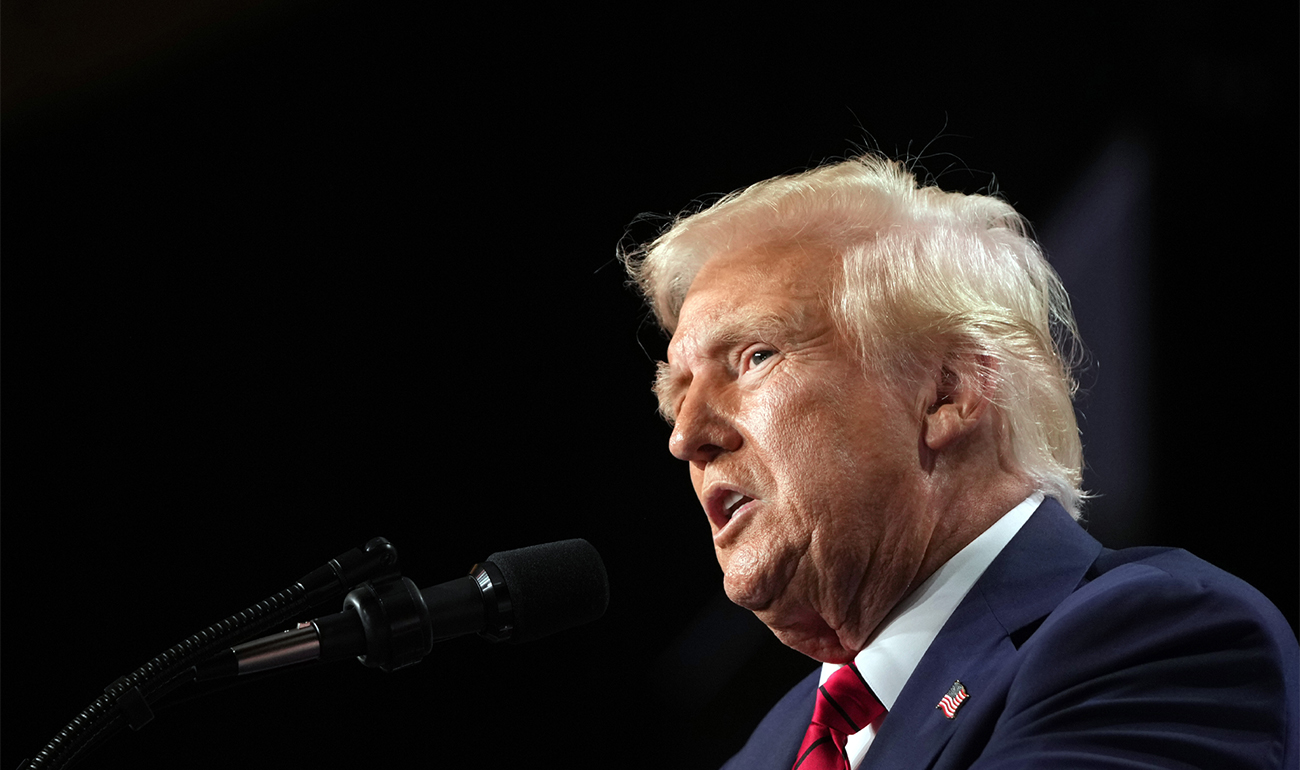
AP Photo/Mark Schiefelbein
President Donald Trump signed a stunning executive order on Tuesday giving his administration sweeping control over independent government agencies that were established by Congress to be run by bipartisan panels.
Trump’s order would impact agencies like the Federal Election Commission, the Federal Communications Commission, the Securities and Exchange Commission, and the Federal Trade Commission – reported the Wall Street Journal on Wednesday.
“Tuesday’s order requires that independent agencies submit major regulations to the White House Office of Management and Budget for review. OMB is run by budget hawk Russell Vought, a Trump ally who contributed to the Project 2025 conservative policy blueprint,” noted the Journal.
Vought’s new power would have him dictate the “performance standards and management objectives” for the leaders of those agencies. The Journal added that Vought would also “provide updates to Trump about whether the agency heads are meeting those requirements. Vought also would review and adjust independent agencies’ budgets.”
The order’s text added that Vought then “may prohibit independent regulatory agencies from expending appropriations on particular activities, functions, projects, or objects.”
Trump has long tussled with some of these agencies, most notably regarding his widely debunked claims of voter fraud in the 2020 election.
Trump’s bid to take control of the FCC is particularly notable given his lawsuit against CBS’s parent company Paramount Global over Kamala Harris’s interview with 60 Minutes during the 2024 presidential campaign.
Trump claims that the show favorably edited the interview and his new FCC chief has since pressured CBS and reopened a complaint against the network, which was previously dismissed. The FCC pressure resulted in the full unedited materials surrounding the interview being released to the public, which show that the edits did not significantly change Harris’s meaning.
The Brookings Institute took a deep dive into Trump’s moves at the FCC and noted, “Two days following the opening of the FCC docket, Donald Trump—acting as a private citizen—doubled the size of the damage claim from $10 billion to $20 billion by including CBS parent Paramount Global as a defendant.” The article added:
Presidents have the right to express themselves—and frequently do—on matters before the FCC. Unlike a cabinet secretary, however, the chairman of the agency does not report to the president. The FCC is chartered by Congress as an independent agency, separate from the executive.
The president’s input that “CBS should lose its license” (an FCC decision) and its relationship to a lawsuit from which he could personally benefit is unusual. The New York Times headlined, “Paramount in Settlement Talks With Trump Over ‘60 Minutes’ Lawsuit.” The Times reported, “A settlement would be an extraordinary concession by a major U.S. media company to a sitting president, especially in a case in which there is no evidence that the network got the facts wrong or damaged the plaintiff’s reputation.”
Additionally, Trump’s lawsuit and the FCC’s investigation into the network come as Paramount Global is being sold to Skydance Media, a deal that requires FCC approval.
New: The Mediaite One-Sheet "Newsletter of Newsletters"
Your daily summary and analysis of what the many, many media newsletters are saying and reporting. Subscribe now!
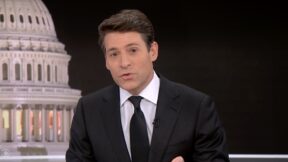
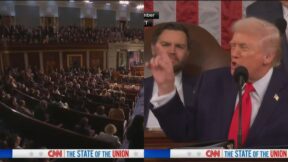
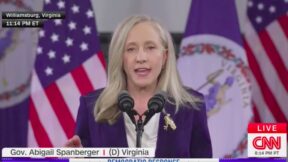
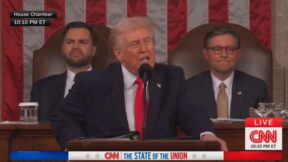
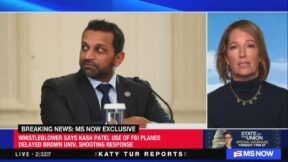

Comments
↓ Scroll down for comments ↓